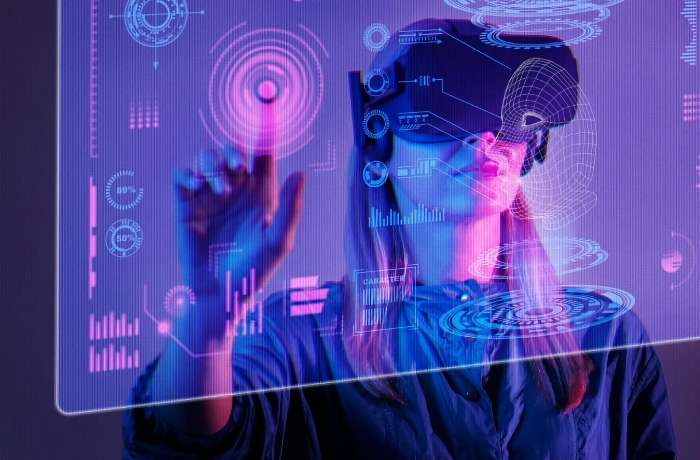The term “metaverse” is rapidly becoming entrenched in our contemporary lexicon, often cited in the media, discussed in conferences, and analyzed by technology experts. But what does it really mean? And what are the implications of this new digital frontier?
Origins of the Term
The word “metaverse” derives from the combination of “meta-“, meaning “beyond” or “transcendent”, and “universe”. The term originated in science fiction literature, particularly in Neal Stephenson’s 1992 novel “Snow Crash” and was later popularized by Ernest Cline’s “Ready Player One”. But today, it has transcended literature and is materializing as a tangible reality.
What is the Metaverse?
In simple terms, the metaverse can be defined as a virtual universe, a collective aggregate of interconnected digital spaces where people can interact with the environment, with objects, and with each other through avatars. It can include games, virtual worlds, augmented reality, and any other immersive space driven by technology.
However, beyond the basic definition, the metaverse carries profound cultural, economic, and social implications:
Immersiveness: Unlike websites or traditional applications, the metaverse offers an immersive experience. You can “be” in the metaverse, rather than just “navigating” through it.
Digital Economy: The metaverse is not just a place for social interaction; it also has its own economy. Users can buy, sell, and exchange virtual goods, giving rise to new professions and economic models.
Identity and Expression: Users can create avatars to represent themselves, allowing unprecedented freedom of expression. This can have profound implications for understanding identity and self in the digital age.
The Future of the Metaverse
While the idea of the metaverse might seem futuristic, we are already seeing the first steps towards its realization. Platforms like VRChat, Roblox, and Decentraland are already offering experiences that fall under the definition of the metaverse. Major tech companies like Facebook and Google are investing significant resources in building and developing these experiences.
But it’s essential to note that the metaverse is not just a technology or a platform; it’s a cultural shift. It’s a new way of understanding social interaction, the economy, art, and even philosophy in the digital age.
The metaverse, with its vastness and complexity, promises to redefine the way we live, work, and play in the digital world. As we explore and define this new horizon, it’s crucial to reflect on the opportunities and challenges it presents, ensuring it is built in a fair, inclusive, and innovative way.


